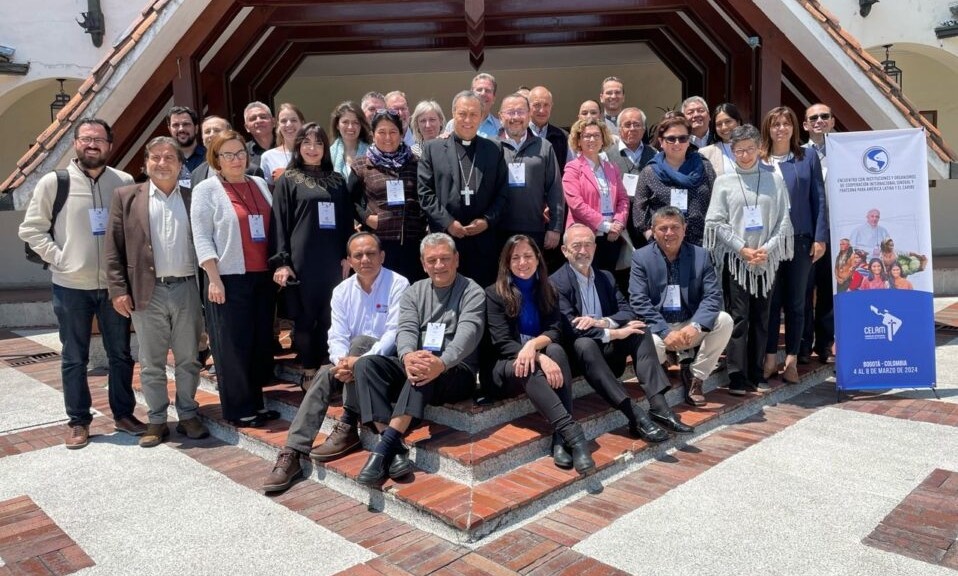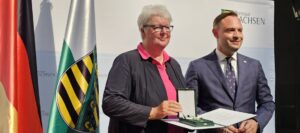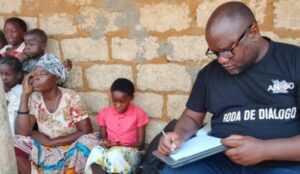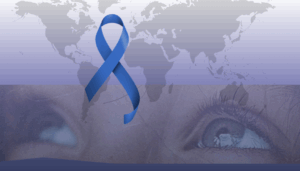Adopting a different perspective on cooperation and global development that promotes the dignity of those who are most marginalized and excluded is essential to transforming the way institutions and international organizations work together in the field of humanitarian aid. This move towards promoting synodal and fraternal cooperation within the Church was emphasized by Cardinal Michael Czerny, Prefect of the Dicastery for Promoting Integral Human Development. It is in response to this call for a model of ecclesial communion, synodal process, subsidiarity, and empowerment that a working meeting was held from March 4 to 8 in Bogotá, Colombia, sponsored by the Latin American and Caribbean Episcopal Council (CELAM) and the Dicastery.
The Good Shepherd International Foundation (GSIF) was among the aid agencies and institutions working in Latin America that were represented at the meetings. Cristina Duranti, Executive Director of GSIF, and Heidy Hochstätter, Regional Director of GSIF Latin America, shared their experiences of synodal cooperation with the Congregation, presenting the opportunities and challenges with a focus on the processes aimed at promoting long-term planning and networking.
Reflecting on the journey undertaken with the Congregation, Cristina emphasized: “We started to promote a culture of partnership towards cooperation, through a deeper understanding of the local contexts, listening and responding to the communities’ changing needs. This allowed us to articulate mission and vision in a contemporary framework that incorporates a rights-based approach and translates into regular renewal of the OLCGS ministries.”
Cristina and Heidy illustrated the key elements of the GSIF Mission Development Process model, which combines the three key principles of Catholic Social Teaching (See, Act, Judge) with the best practices of modern project planning theories. Cristina remarked that “at the heart of the model is the need to read and respond to the signs of the time, to promote renewal and sustainability of the Good Shepherd mission, to ensure that it can continue to give life and dignity to the most vulnerable members of our communities.”
Regarding how organizations can develop effective solutions for social and human development in the Latin America region, Heidy highlighted the role of the Mission Development Offices in the countries and in regions, which are at the core of the GSIF and OLCGS global model of development and sustainability. “Accompanying these processes to build long-term strategic plans means looking at our mission today through the lens of the new calls that come from the grassroots and from the global actors, inside and outside the Church,” explained Heidy to the workshop’s participants. “This approach is rooted in the charism and commitment to serve the mission, and places at the center the dignity of people, while ensuring full accountability for our actions. By adopting this approach, we accept to work in communion, dialogue, and collaboration with those who can best help meet the needs of women, girls, and children, creating an environment of trust, respect, and loving care.”







